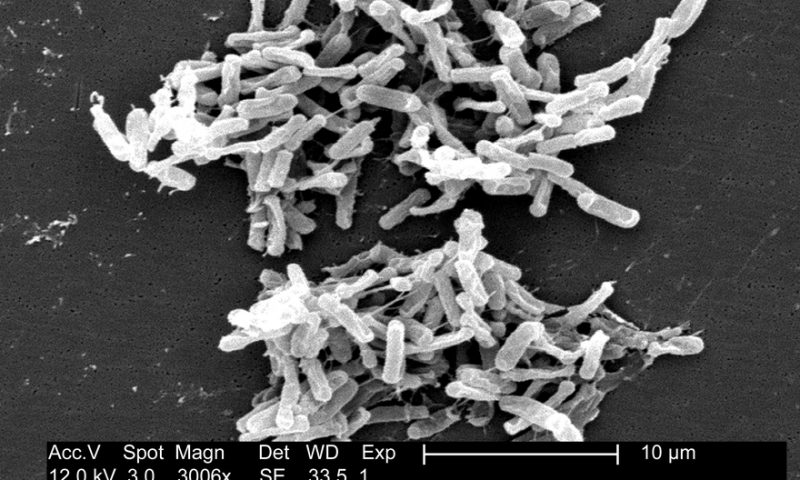Antibiotics player Summit Therapeutics is gearing up for a new clinical trial of its lead asset, an antibiotic for Clostridium difficile infection, thanks to an $8.8 million cash infusion.
The $8.8 million brings support from the U.S. Biomedical Advanced Research and Development Authority (BARDA) for the program to a total of $62.4 million, the company said in a statement. It will support a clinical trial of the drug, ridinilazole, in adolescents with C. difficile infection. That study will be part of the new drug application for ridinilazole, as well as “part of a package of work with the potential to provide an additional six months market exclusivity for ridinilazole in the U.S. and Europe,” the company said.
And there’s more where that came from. BARDA can choose to make one last funding boost of $10.1 million, which would bankroll applications for marketing approvals of the drug.
“BARDA’s continued support for ridinilazole is instrumental in helping to bring this potential CDI treatment option to patients, whose current treatment options fail to sustain cures for one third of the population,” said Summit CEO Glyn Edwards in the statement.
C. difficile infection is associated with antibiotic use—broad-spectrum antibiotics throw off the gut microbiome and allow C. difficile bacteria to take over. Paradoxically, in the words of the National Institutes of Health, the current treatments for C. difficile infection are more antibiotics, which cause yet more damage to the microbiome and raise the risk of recurrent infection. Ridinilazole is designed to kill C. difficile while sparing the protective bacteria in patients’ gut.
In phase 3, ridinilazole is Summit’s most advanced candidate. It has a clutch of earlier-stage programs targeting gonorrhea and hospital-acquired infections, including one aimed at Enterobacteriaceae, a family of bacteria responsible for many severe and often deadly infections of the lung, bloodstream and urinary tract.

